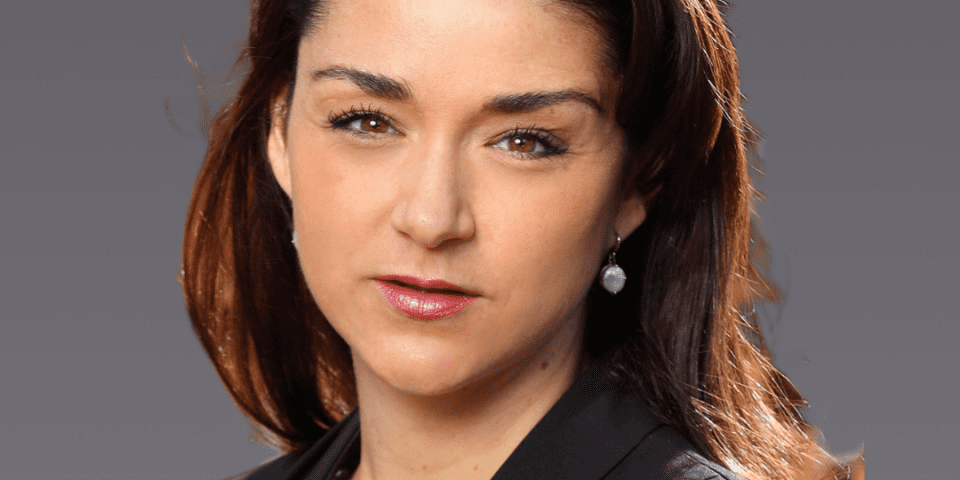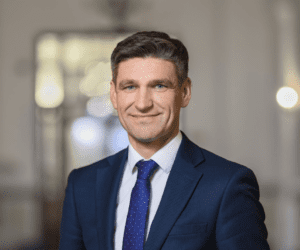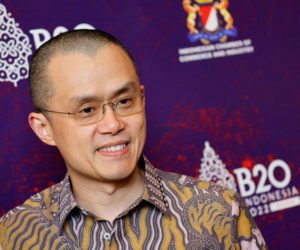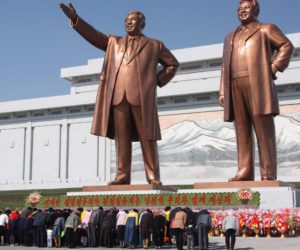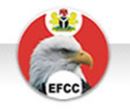By Laura Lynott, Senior Correspondent
Incoming FATF president Elisa de Anda Madrazo has told the Women in FinCrime Summit today (Tuesday) that women in AML-CTF need to challenge gender politics at work.
Ms de Anda Madrazo – who was elected as president to the Financial Action Task Force (FATF) for the period from July this year until June 2026 – gave a passionate presentation to AFC women professionals in a bid to empower other women in the sector.
Though not speaking officially as president, as she has not yet taken on the role, she made it clear her vision was to influence other women to step forward as leaders in AML/CFT.
“There is a big gap between women and men in the financial sector but in AML in particular,” Ms de Anda told the summit.
“If we look at the data in our own governments and financial institutions and at FATF, you see women at entry level, but if you start to look at leadership positions, there’s a leaky pipeline.
“This is an issue because it becomes a sector that is labelled male dominated.”
The incoming president stated women occupied too few senior roles even in FATF. However, she signposted the fact that she is incoming president while Violaine Clerc is executive secretary.
That two women will hold such powerful roles in FATF simultaneously, was of course, “fantastic” she added. It highlighted progression is emerging within the sector. However, the transition to equal representation was still too slow, she felt.
“I was elected two weeks ago,” the trained lawyer said. Her presidency had featured in the headlines at her home in Mexico. But much of the coverage had concentrated on how she had become only the second woman to hold the powerful position.
The fact that she was news for that reason had struck her as further highlighting the issue of gender inequality within the industry.
“I understand why that happens and why it’s exceptional but it shows at the core is that women are the exception and that the standard is men,” she said.
“I was pleased to see it was recognised but at the same time we need a level playing field where women are equal at all levels and we are far from getting there.”
With an impressive portfolio of work behind her, including a decade spent fighting money laundering and the financing of terrorism, Ms de Anda is currently part of a team working for the Secretary of Finance and Public Credit in Mexico.
Until last year, she held the vice presidency of FATF, a role she’d maintained for three years.
She spearheaded vital initiatives and represented the organisation internationally, working with regional bodies and global partners.
She has also previously worked as attache to the Embassy of Mexico in Washington DC. While there she developed important bilateral relations with the U.S on AML/CFT issues and policies.
She’s also worked in the private sector on research and money laundering. And she holds a law degree, a Masters degree in law from Harvard, along with a second Masters in public administration from the same elite university.
While speaking to the summit, Ms de Anda admitted she had been awake some of the night, caring for one of her two young sons.
She felt this role was as important as her professional responsibilities. She encouraged other women to normalise motherhood and caring to their colleagues in a bid to bring about real and lasting change.
“For many years, if I wanted to go home early or spend the afternoon with my kids, as they were sick, I would just finish my work and pray no one would see me leaving the office,” she said.
“Right now I say ‘I want to get my work done to be with my kids.’ I’m okay putting doctors appointments for myself and my kids on my agenda.
“If you ask me to be part of an event, I’m okay saying ‘I’m on vacation’ or ‘I have a family commitment.’ I do it now to help others normalise that.”
Women within the industry should never have to justify being mothers in interviews, she added. They should be treated on an equal footing to men in all professional aspects, though it was apparent to her, this was not always the case.
And in a very powerful statement, she added that the justification of gender bias had to stop in professional settings.
Women have to stand up to men who are being sexist in offices, she added, explaining that to not do so, only prolonged the issue, which is affecting female growth in careers.
“When we don’t speak about the issues it erodes us further,” she said.
“We need to bring those conversations to the table, we need to include men and we need everyone to be part of the conversations.
“I push back when I hear people refer to the issues as gender biases because we take away their (men’s) responsibility from the action.
“I call on you to speak on these issues.” She invited women to speak up against sexism, even if it comes from their bosses.
Speaking up in a manner women felt comfortable with was a form of “push back,” she added, in order to bring about progress for all women.
Women within the industry who attended the summit, thanked the incoming president for her candour and inspiration as they sought to carve pathways within their own organisations.

